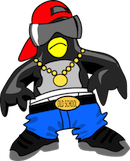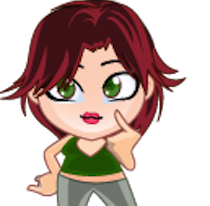Are there songwriting tasks you find frustrating? Do you dread doing lyrics? Are melodies a miserable muddle? You’re not alone. Everyone has their songwriting trouble spots. I certainly have mine. So, I decided to take a poll on my Facebook page to find the biggest bugaboos. I got 180 responses which, I think, gives a fairly good idea of what songwriters are thinking.
The question was “What do you think is the hardest part of songwriting?” I started out with just four categories —Lyrics, Melody, Chords, and Song Structure—the usual suspects. I asked people to vote for the ones that were hardest for them and I invited them to add their own categories which they promptly did! They added challenges like getting started, writing contemporary songs, writing in a genre, and more. They’ll get no argument from me. These are all difficult aspects of songwriting and I’m always looking for ways to make them easier. So here are the results of my unofficial poll.




 Q: What makes a great song great?
Q: What makes a great song great?